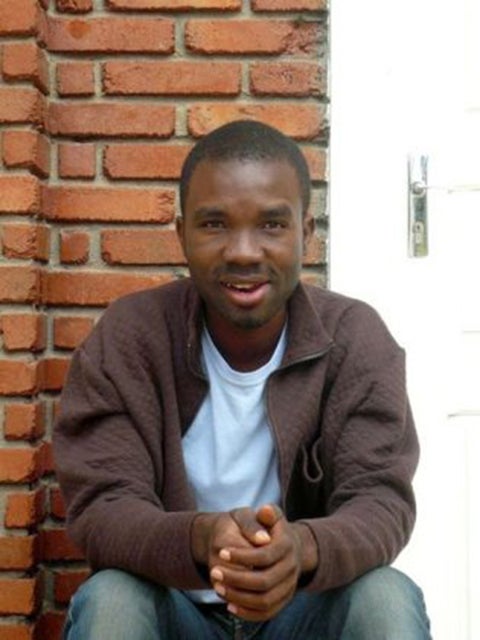by Tony Iozzo
Impunity Watch Reporter, Europe
KIEV, Ukraine – A protest in Kiev spawned by the rape of a 29 year old woman last month was broken up by riot police last Friday.

Irina Krashkova, a single mother living in Vradiyevka, about 250 miles south of the capital city Kiev, implicated two police officers as her attackers last month, spawning widespread outrage over the perceived impunity of local officials and their friends.
Kiev’s city government had initially authorized the protest to occur on the city’s main square on Thursday, but after protestors erected tents to stay the night, police in riot gear arrived to remove the crowd of roughly 150 individuals. The riot police ultimately detained about ten people.
Krashkova was walking home from a bar in Vradiyevka late in June when she forced into a car by two police officers- 1st Lt. Evhen Dryzhak and Lt. Dmitry Polishchuk, and their friend. They then allegedly drove Krashkova to the woods where they beat her to the point of a fractured skull, and took turns raping her.
Krashkova immediately identified Dryzhak as the leader of the assault, but he wasn’t arrested for a week. Residents of Vradiyevka were enraged due to a history of abuse by Dryzhak and suspected an attempted cover-up, as Dryzhak was closely connected to a top regional police official. These residents then stormed the police station, believing Dryzhak sought refuge inside.
The protestors threw rocks, smashed windows and used firebombs. Dryzhak was soon arrested after the incident, and the other two individuals involved in Krashkova’s assault were detained as well.
“I am 100 percent sure that had the people not risen up, this Dryzhak guy would have come out clean, he would be investigating this very case. They would have scared [Krashkova] into keeping her mouth shut,” a local opposition activist stated.
Reports of police abuse involving both bribery as well as violence have been prevalent in Ukraine since 2010, when President Viktor Yankovych took office. Opposition politicians believe that the police impunity is a result of protection from corrupt politicians in President Yankovych’s ruling party.
“The police force is rotting. The police have become dangerous to society…The most terrible thing is that an institution that should be entirely apolitical is now political,” stated an opposition lawmaker.
President Yankovych, however, ordered a top-level inquiry into the Krashkova case last month, and the regional prosecutor and heads of the regional and town police have all since been fired.
For more information, please see:
Yahoo News – Ukraine Rape Draws Outrage Over Official Impunity – 21 July 2013
The West Australian – Ukraine Police Disperse Protest Over Rape Case – 19 July 2013
Radio Free Europe, Radio Liberty – Ukrainian Police-Abuse Protests Come to the Capital – 17 July 2013
Impunity Watch – Protest to Punish Police Leads Ukrainian President to Support a New Investigation – 7 July 2013
The West Australian – Outrage in Ukraine Over Police Accused of Raping Woman – 3 July 2013

